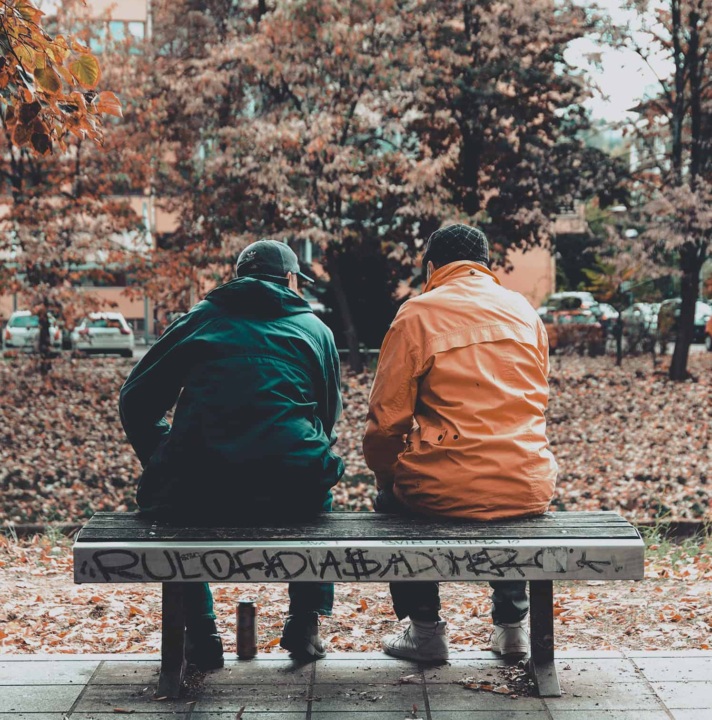People in the Drug Trade Need Opportunity and Support, Not Punishment.
People in the drug trade come from all walks of life. The criminal legal system claims to focus on high-level sellers. But do they? No. The most harshly punished have minor roles in the supply chain. In fact, people at the bottom of the supply chain who use drugs, are low income, and come from communities of color are most targeted. They often sell drugs to support their own drug use or to make ends meet. They need help instead of handcuffs.
Our current approach to people who sell or distribute drugs in the United States does not reduce the harms of drug use or improve public safety. It is built on a foundation of stigma, ignorance, and fear rather than evidence. It creates new problems while doing nothing to solve those that already exist.
We need new responses that will keep us safer and healthier. We need to change how we address drug selling and distribution. The Drug Policy Alliance believes it is time to rethink the “drug dealer”.
Prohibition Has Made Drugs Stronger. Criminalizing People Who Sell Drugs Doesn’t Reduce Drug Use.
Punitive policies are ineffective. Research and history show that criminalizing people who sell or distribute drugs has not reduced the use, price, demand, or availability of drugs. Instead, it has filled jails and prisons and made drug use and the illicit market more dangerous.
Punitive policies are inequitable. Data suggest that people of all races sell drugs at similar rates. And white people are more likely to report having sold drugs. Yet 71% of federal prisoners convicted for trafficking are Black or Latinx. This is due to disproportionate enforcement. People of color are searched, arrested, convicted, and imprisoned at far higher rates than white people. Biased immigration enforcement has also severely impacted non-citizens.
Punitive policies are dangerous. The “Iron Law of Prohibition” states that the more we arrest drug suppliers and distributors, the more strategies they will use to avoid arrest. Increased penalties for opioids have forced people to find cheaper substitutes in the market. As a result, fentanyl entered the drug supply. It was stronger and easier to smuggle in small amounts. And producers used it to continue to meet the demand for opioids and evade law enforcement. Now fentanyl has contaminated the drug supply and is driving overdose deaths.
The Drug Policy Alliance Is Building a New Response to People in The Drug Trade
The Drug Policy Alliance is working to challenge misconceptions about people in the drug trade. We know that people experiencing poverty are most harshly criminalized for drug sales. So we’re pursuing a policy agenda to reduce punishments for drug sales and advocating for economic justice. Especially for people who are in the trade as a result of being shut out of formal economic opportunities.
We are also exploring models of legal regulation and safe supply. And we’re advocating for models that promote public health, community safety, and equity.
We’re Questioning The Status Quo About People Who Sell Drugs
The Drug Policy Alliance is fundamentally rethinking the way that the criminal legal system responds to people who sell and distribute drugs. We do not have all the answers yet. But we’re exploring critical questions now to ensure we do not repeat the discriminatory, ineffective, expensive, and dangerous mistakes of the past.
Some of those questions include:
- Whether and how to make distinctions between possession and selling or distribution?
- What drug market-related conduct merits intervention or sanction? What interventions or sanctions keep communities safe?
- How to best address the economic challenges and lack of opportunity that push many people into the illegal drug economy?
- How to repair the harms caused by the criminalization of drug selling and distribution?
- How to ensure that people have access to legal, sustainable, and dignified income sources? Especially those who previously supported themselves through illegal drug market activity.

